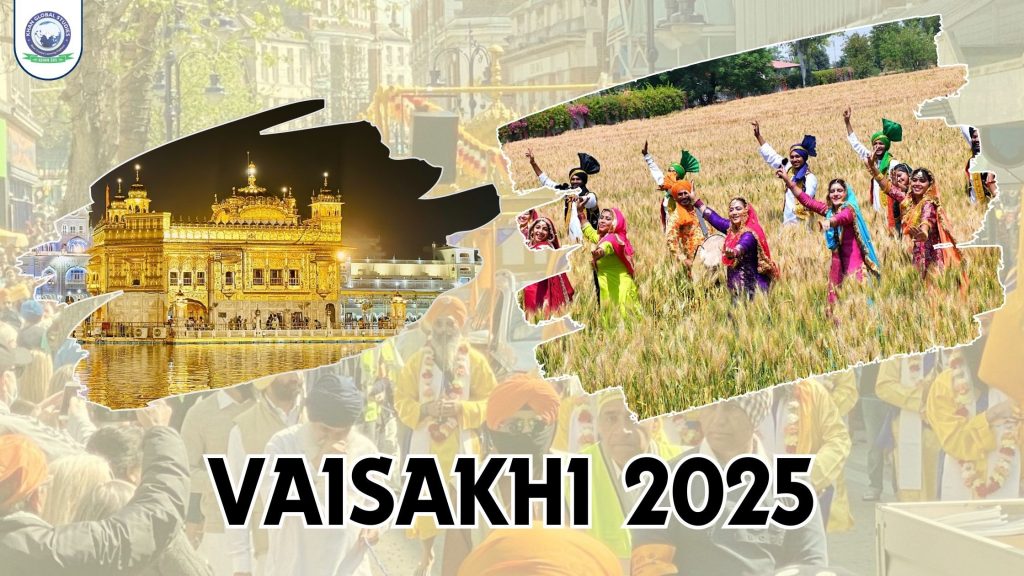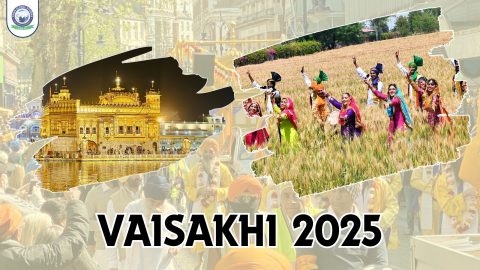India is a land of festivals, where each state boasts its own unique culture, traditions, and ways of celebration. One such vibrant and significant festival is Baisakhi — also known as Vaisakhi in North India and Vishu in South India. Celebrated every year on April 13 or 14, this festival marks not only the harvest of the Rabi crops but also the beginning of the new year in many regions of India.
The Significance of Baisakhi (Punjab and North India)
Baisakhi is a major festival primarily celebrated in Punjab and Haryana. It holds immense importance in the agricultural calendar as it marks the harvest of the wheat crop. On this day, farmers express gratitude to God for a good yield and celebrate with joy and enthusiasm.
Religious Significance:
Baisakhi also holds a special place in Sikhism. On this very day in 1699, the tenth Sikh Guru, Guru Gobind Singh Ji, founded the Khalsa Panth — a turning point in Sikh history. The day is revered as a spiritual renaissance in Sikh faith.
- Major Celebrations:
- Kirtans and Langar (community meals) in Gurudwaras
- Nagar Kirtans (religious processions with floats)
- Traditional folk dances like Bhangra and Gidda
- Village fairs and haat bazaars, buzzing with life and color
Vaisakhi: A Symbol of New Year in North India
In some parts of North India, Vaisakhi also marks the beginning of the Hindu New Year. People take holy dips in rivers, offer prayers at temples, and seek blessings for health, prosperity, and good fortune. The spiritual aspect blends seamlessly with the cultural celebrations.
Vishu: Kerala’s New Year Celebration
In South India, especially in Kerala, this day is celebrated as Vishu, symbolizing the start of a new year. The term “Vishu” itself means new beginning.
- Key Vishu Traditions:
- Vishukkani: Upon waking, it is considered auspicious to first see a beautifully arranged platter containing idols of Lord Vishnu and Goddess Lakshmi, along with fruits, flowers, grains, gold, and a traditional lamp.
- Vishu Sadya: A grand traditional meal with a variety of dishes is prepared and shared among family.
- Vishu Kaineettam: Elders gift money or presents to children and younger family members as blessings.
- Fireworks and crackers: Add joy and vibrancy to the celebration.
One Festival, Many Shades
Though celebrated under different names — Baisakhi, Vaisakhi, or Vishu — across various parts of India, the core essence remains the same:
A celebration of new beginnings, abundance in nature, and community harmony.
| Festival Name | Region | Main Highlights |
| Baisakhi | Punjab, Haryana | Wheat harvest, founding of Khalsa Panth |
| Vaisakhi | North India | New Year, ritual bathing, temple prayers |
| Vishu | Kerala | Vishukkani, Sadya, Kaineettam, fireworks |
Conclusion
Baisakhi, Vaisakhi, and Vishu — three names, one spirit.
This festival not only reminds us of the importance of agriculture and nature, but also sends a powerful message of unity, love, and new beginnings.
It is a time to express gratitude to the divine, share joy with family, and embrace our cultural roots with pride.





